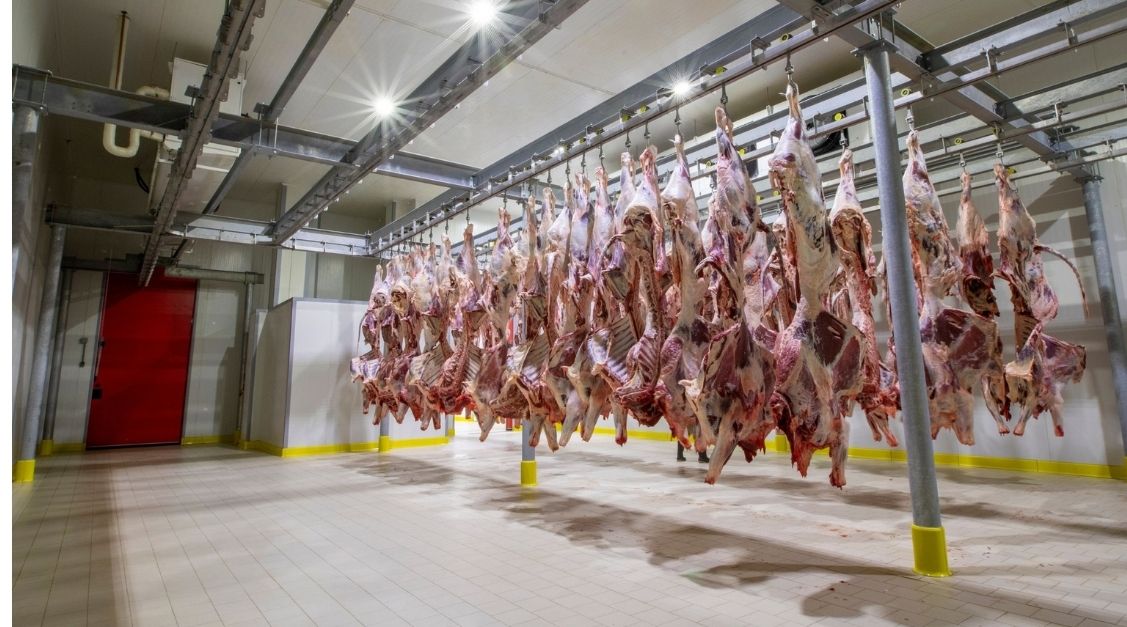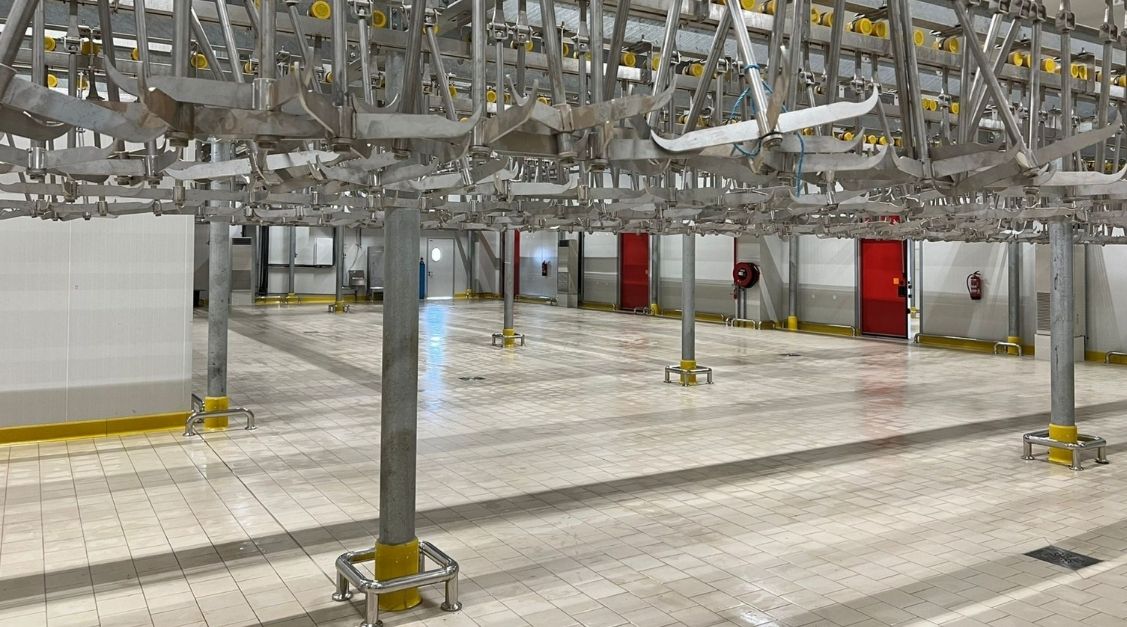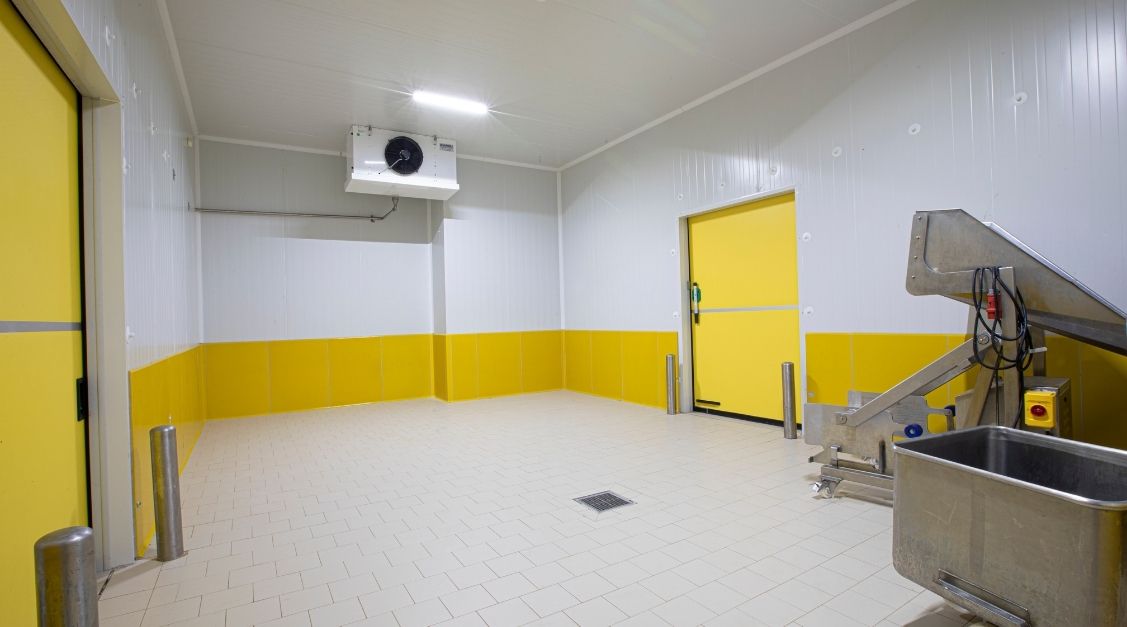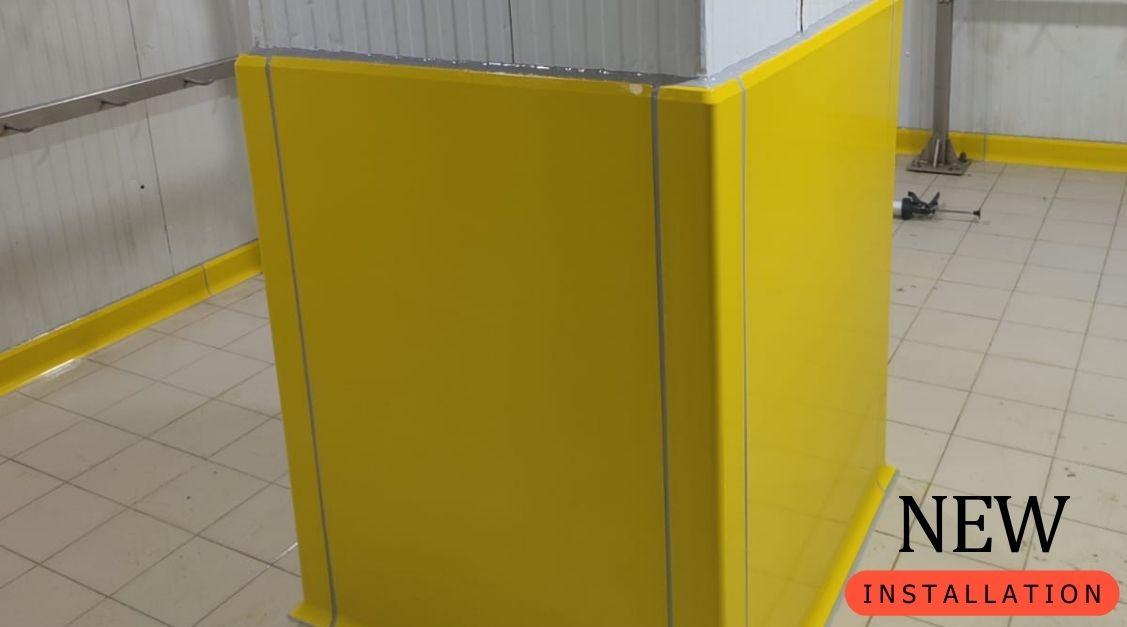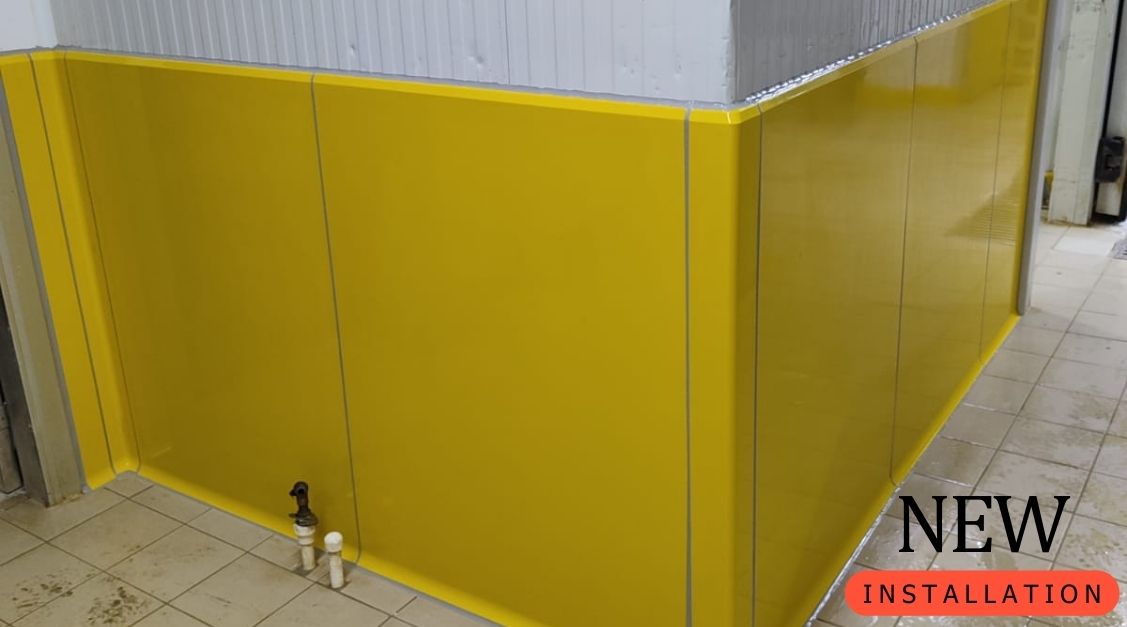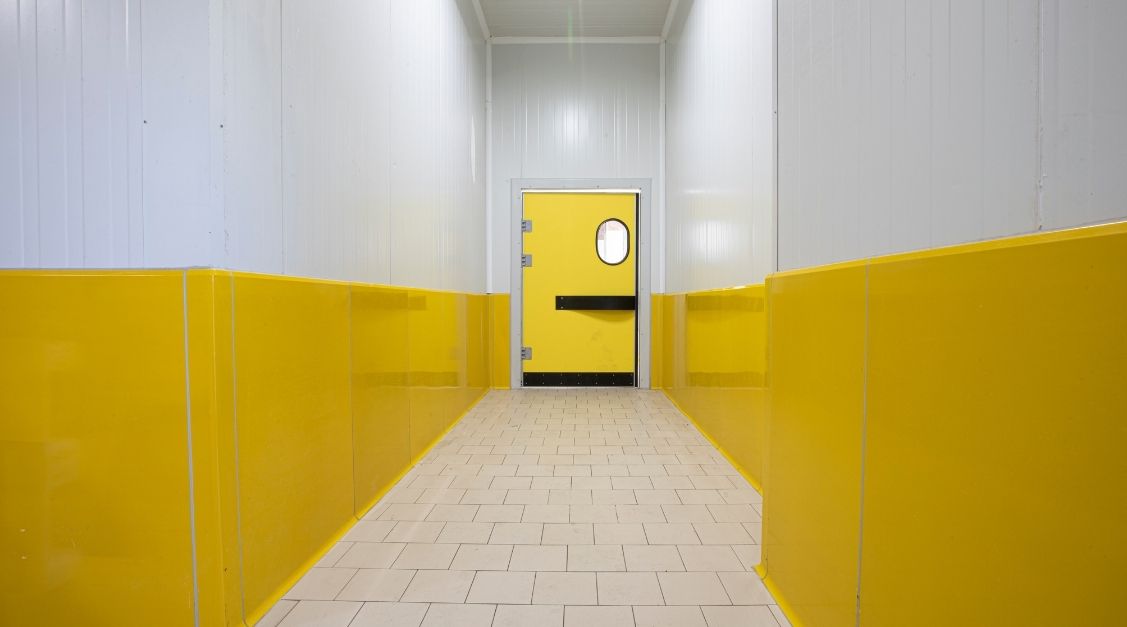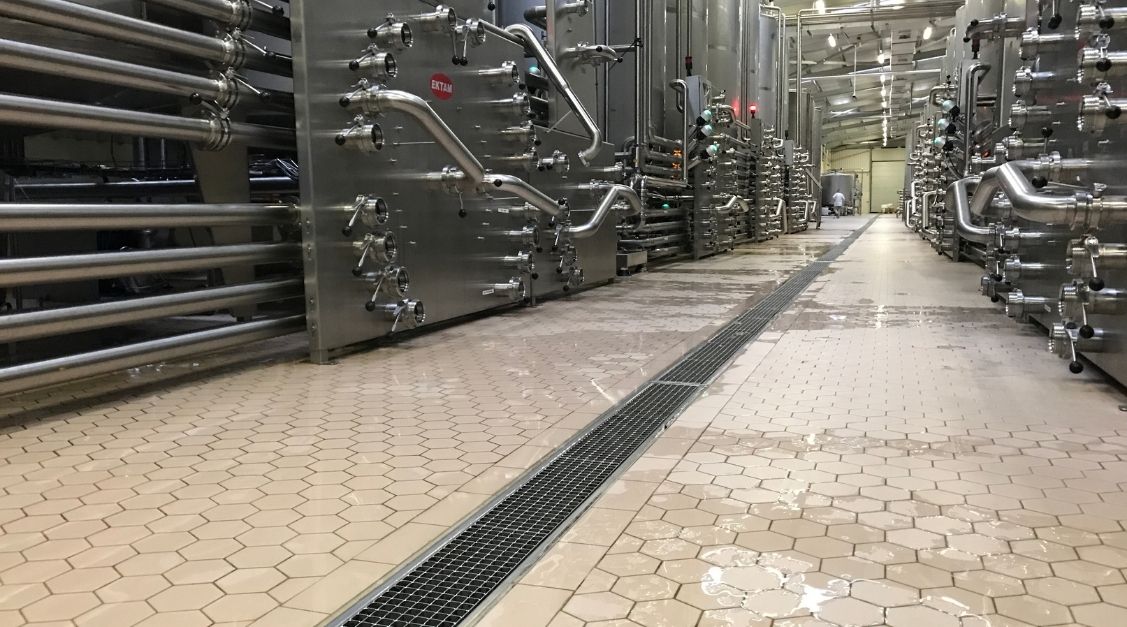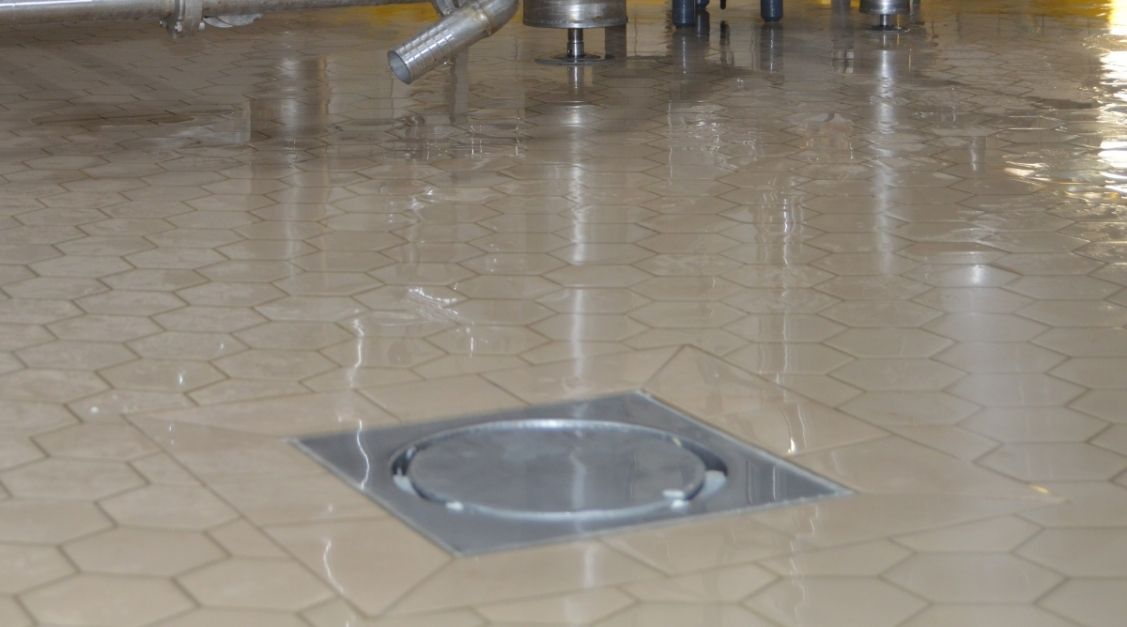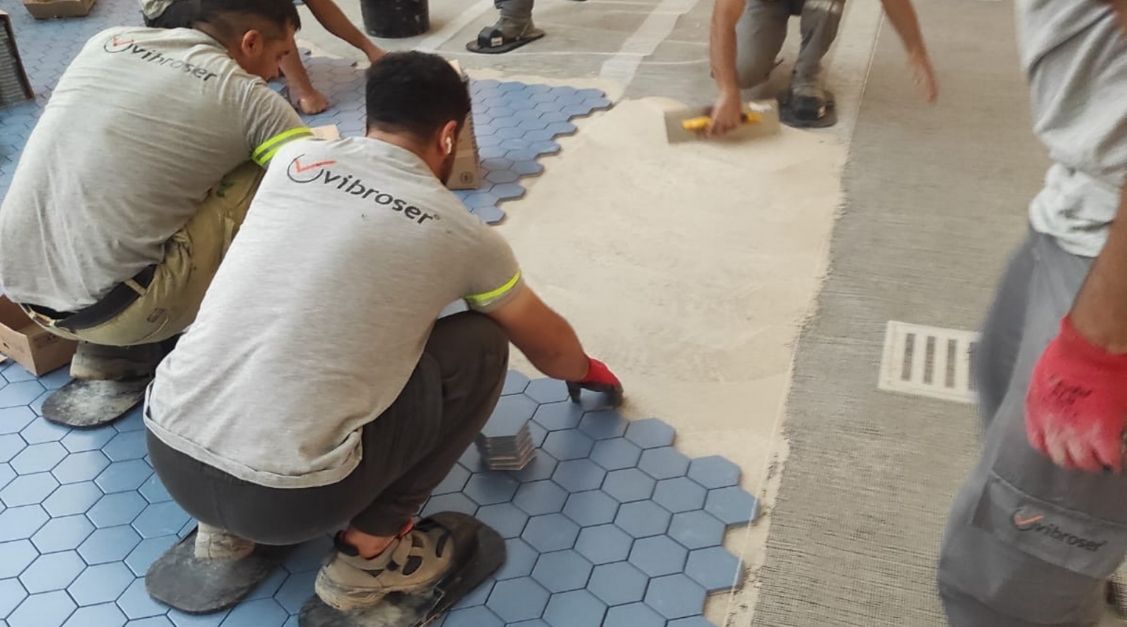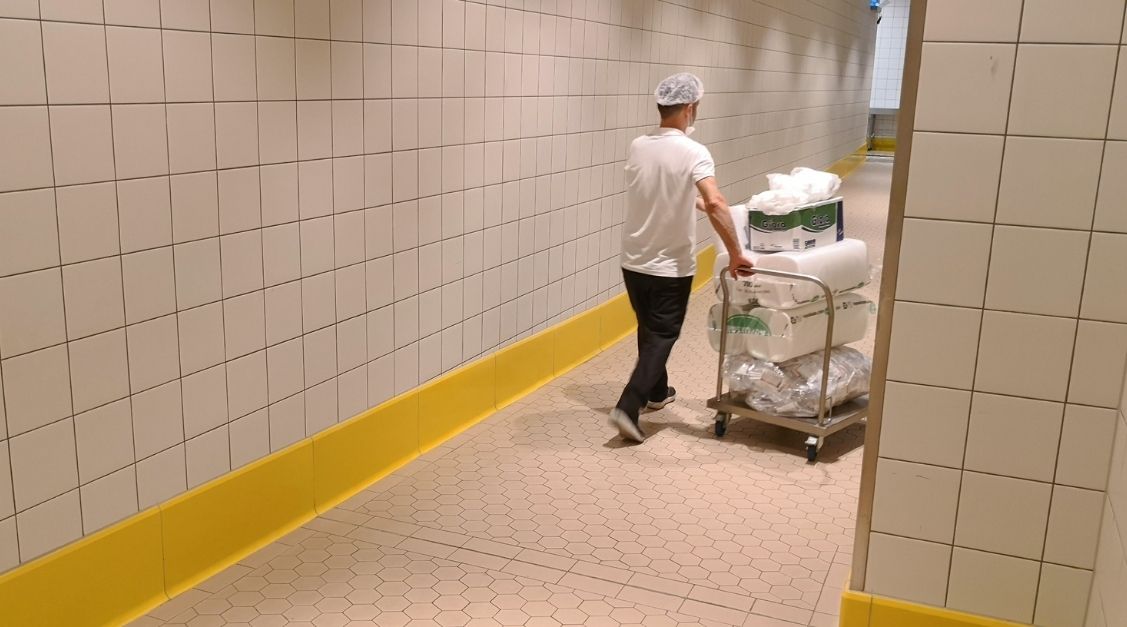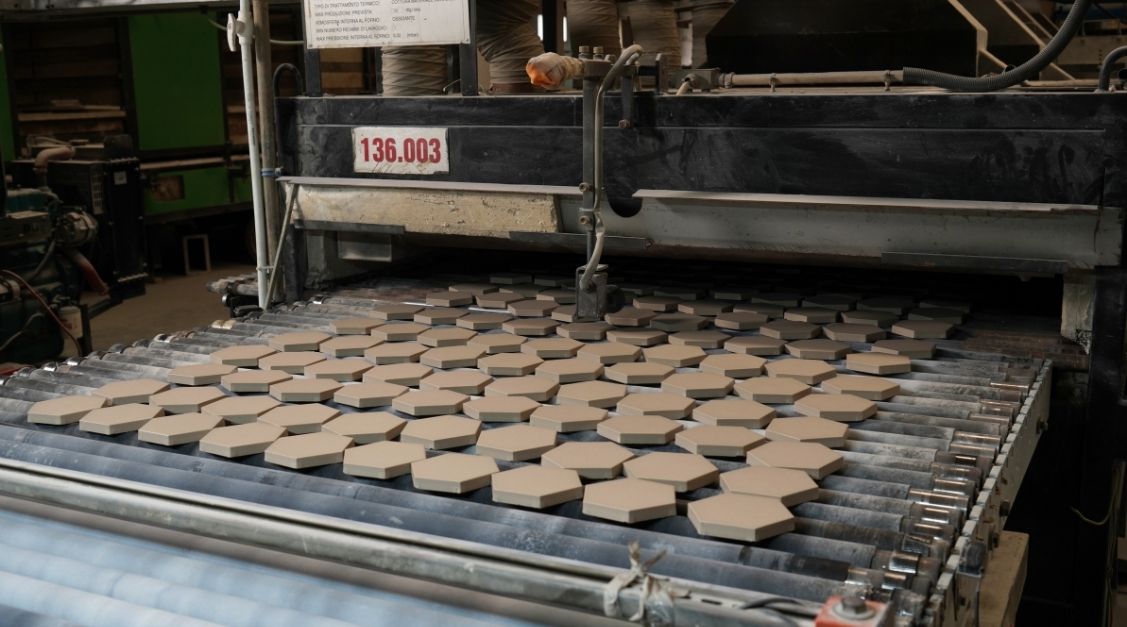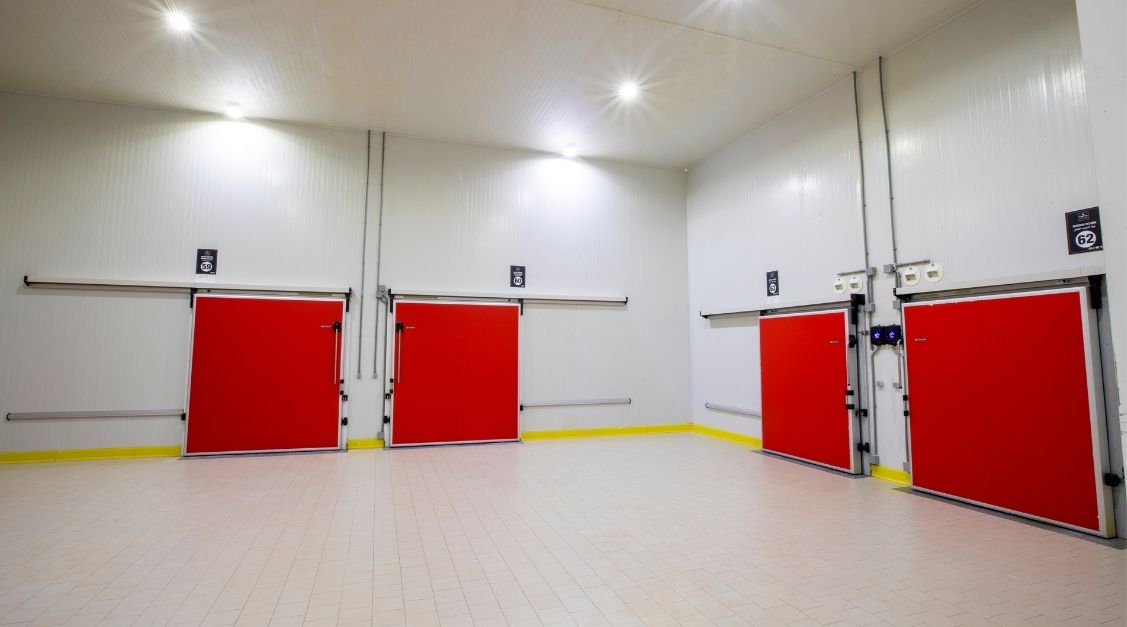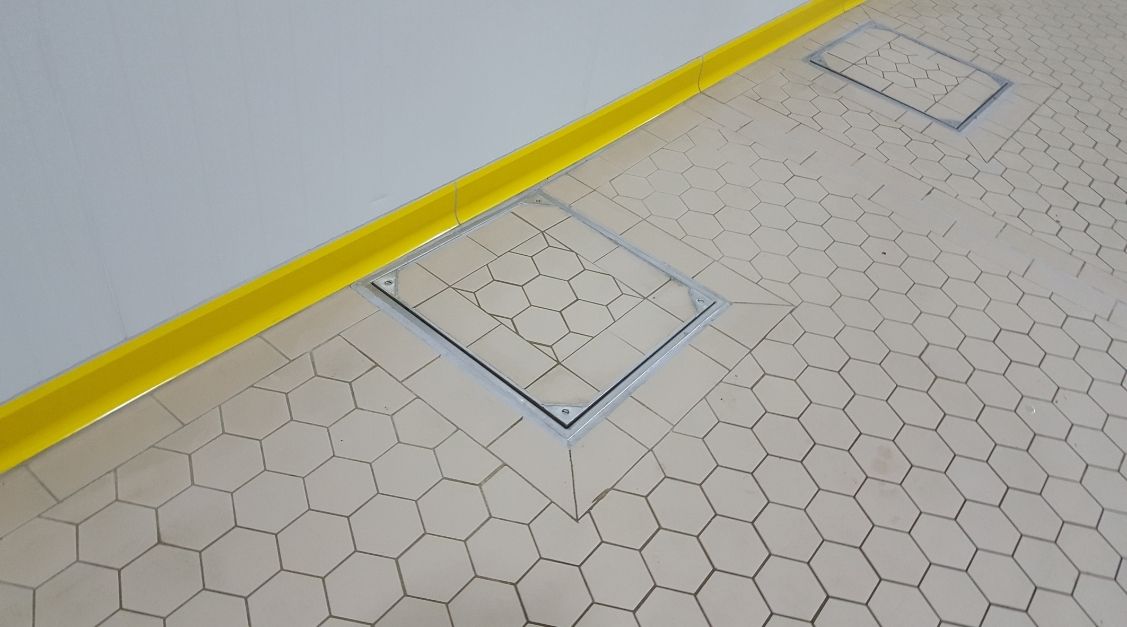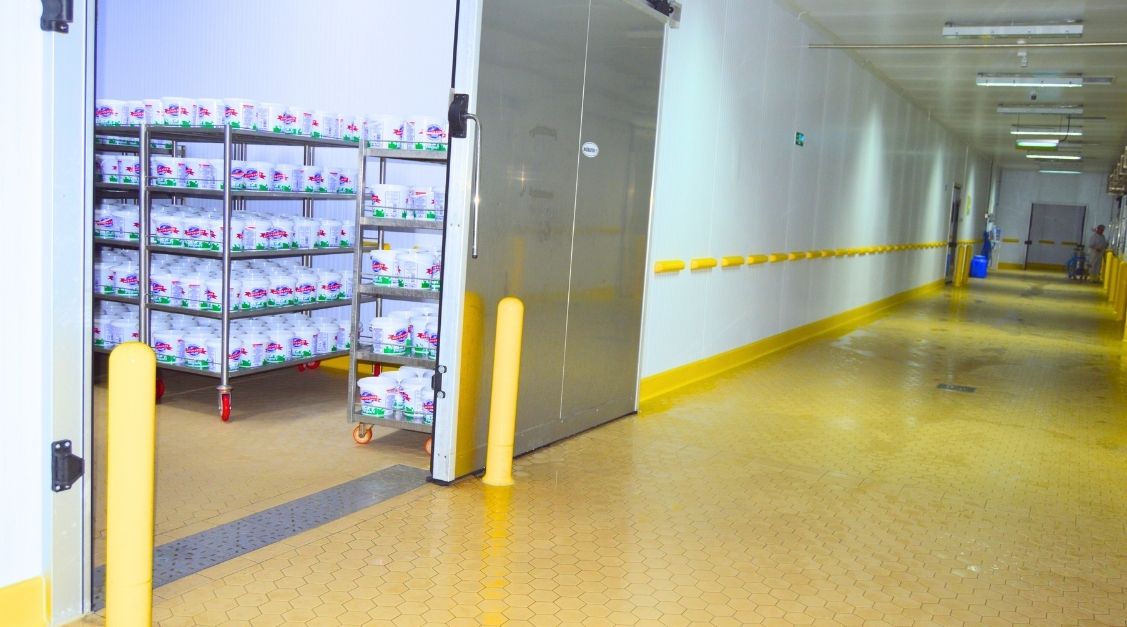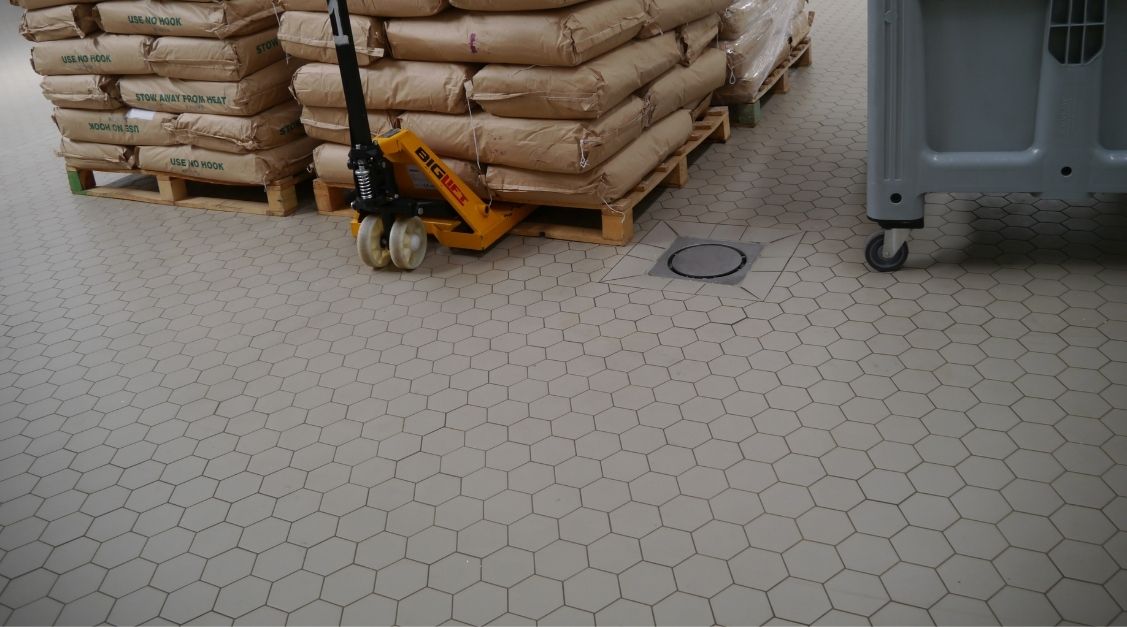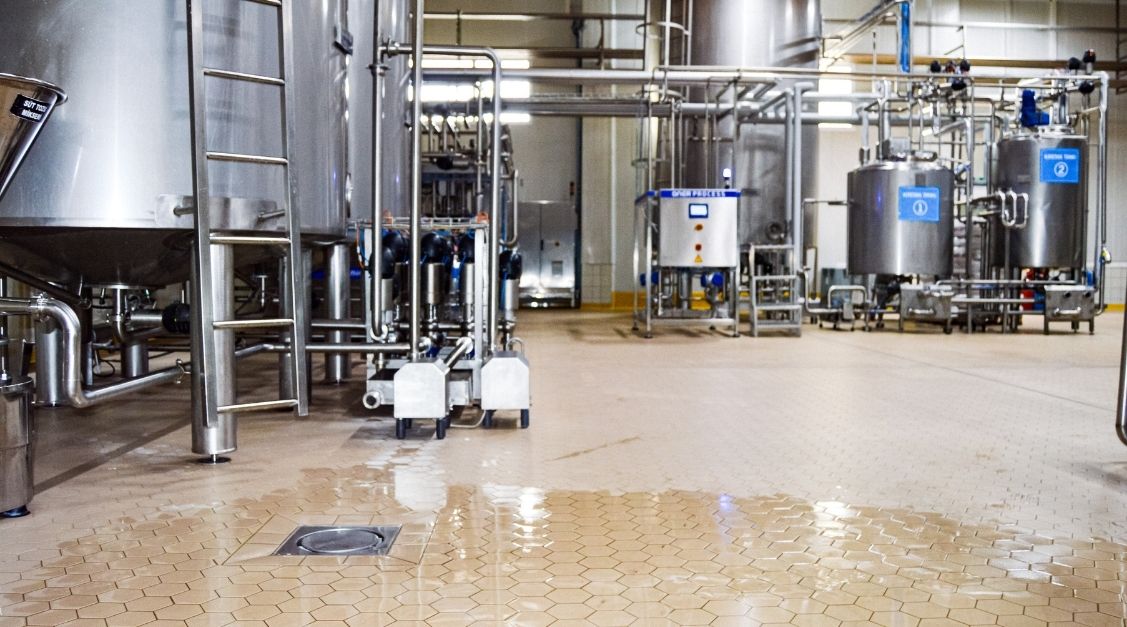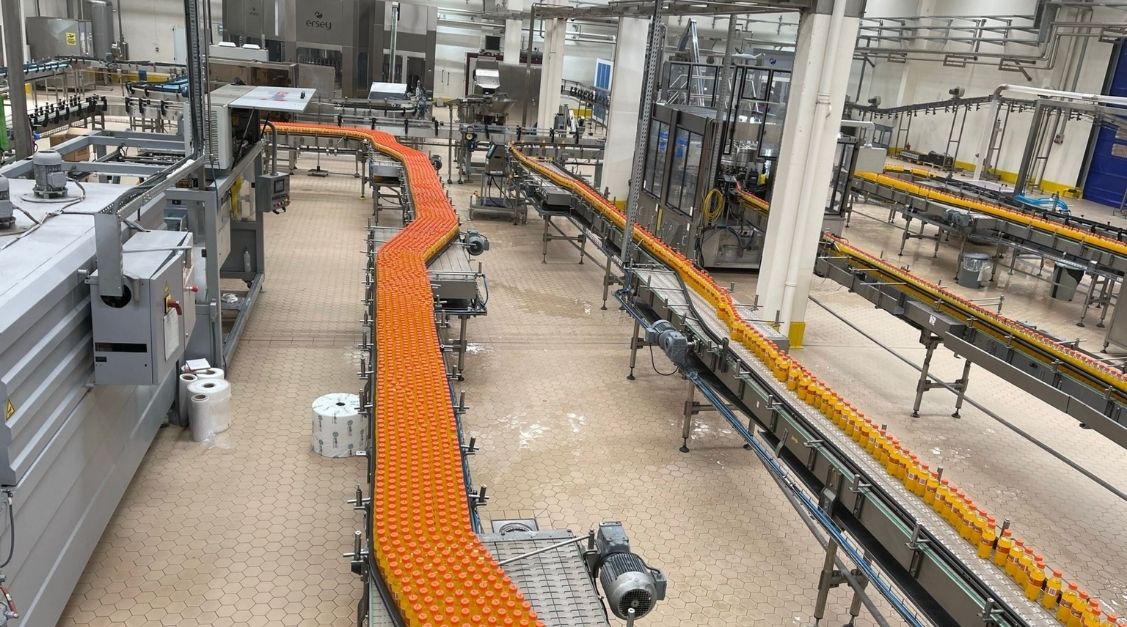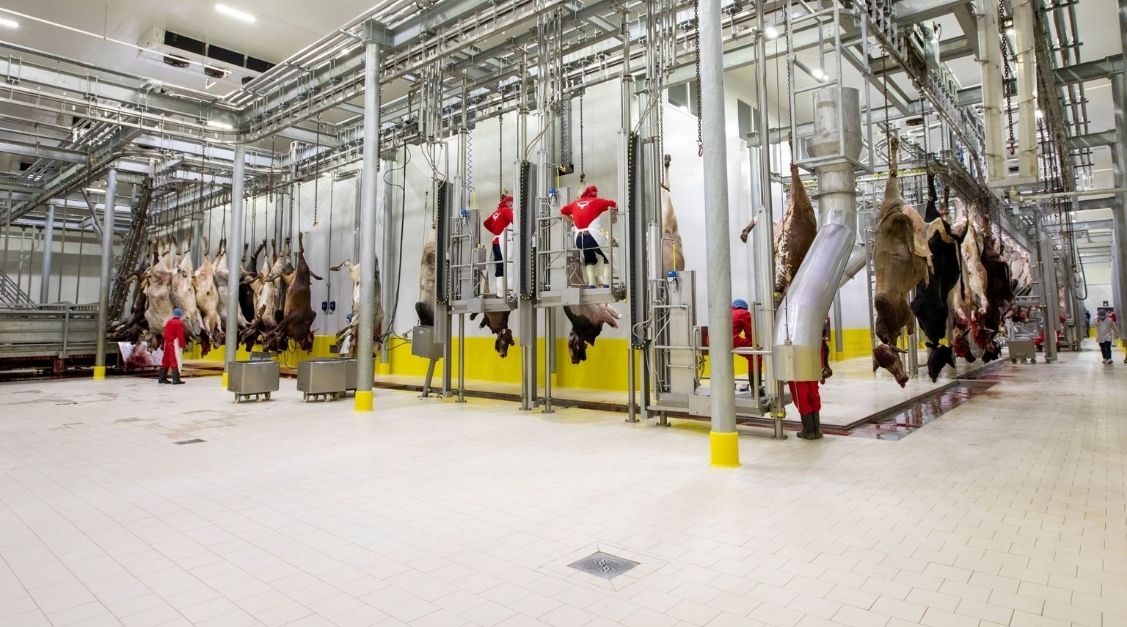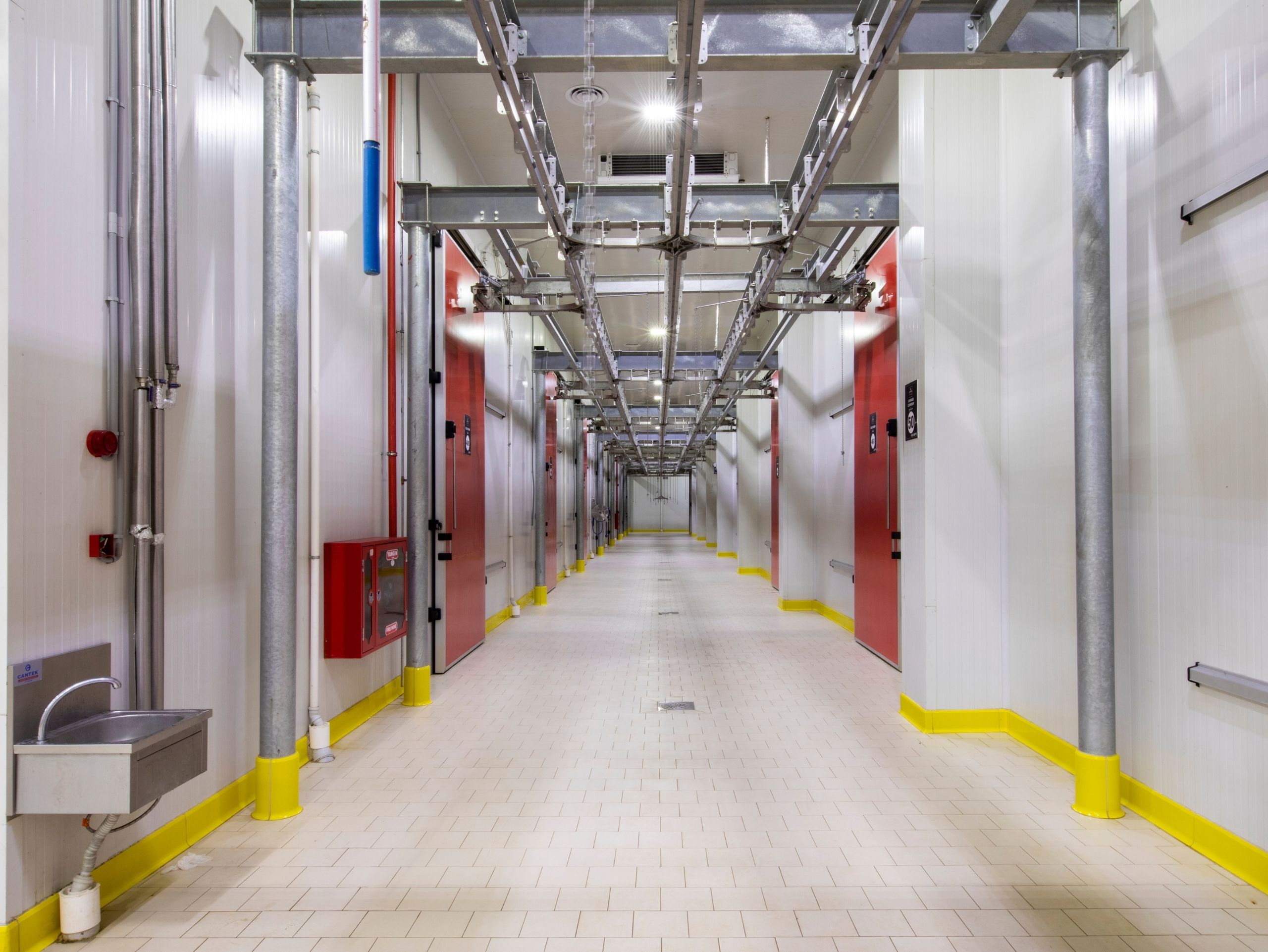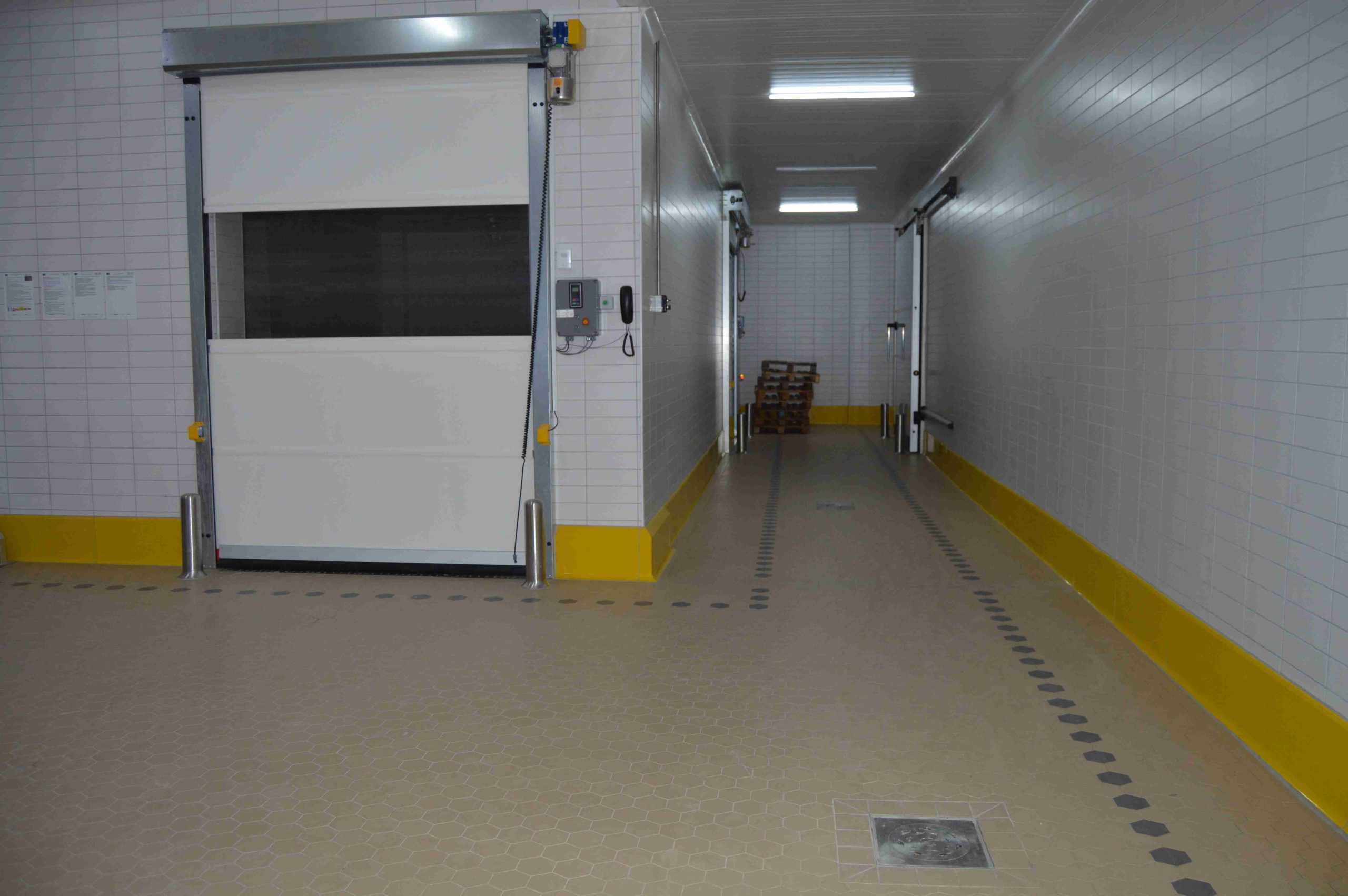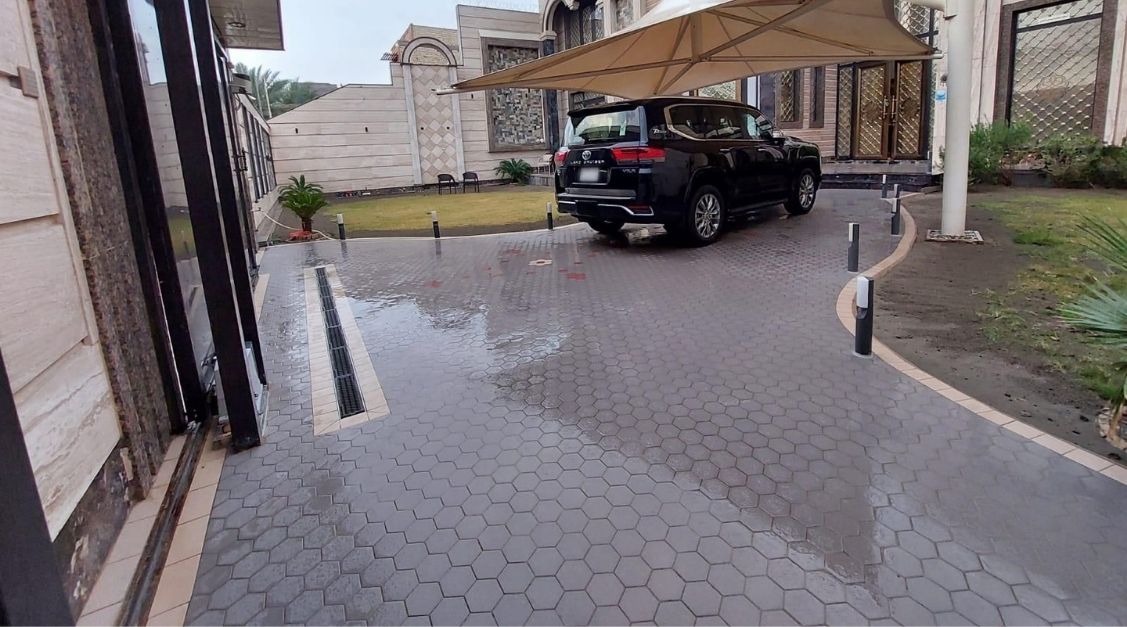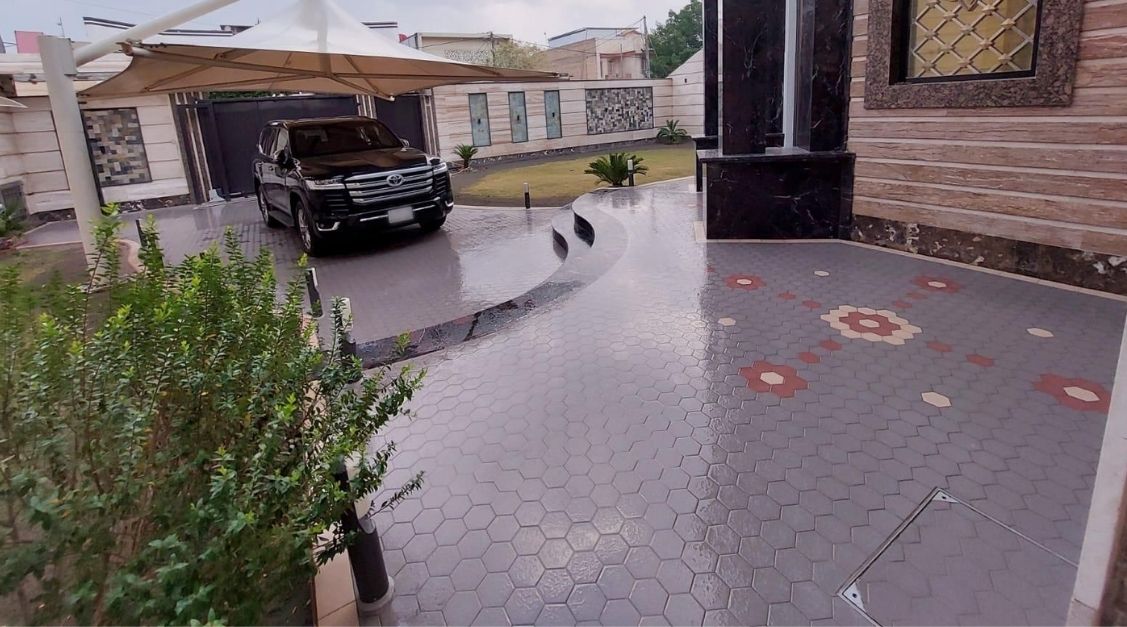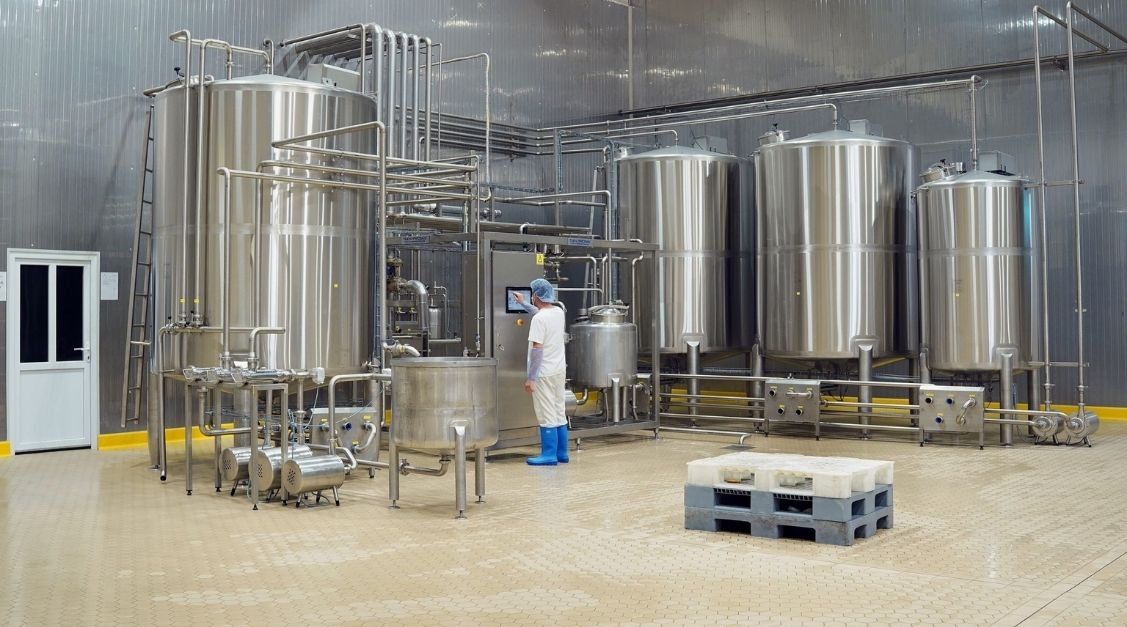In the highly specialized world of brewing, selecting the right brewery floor is a decision that significantly impacts both functionality and longevity. The choice of flooring in a brewery is not just about aesthetics; it’s a crucial element that directly influences operational efficiency, safety, and hygiene. Among the various flooring options like brewery epoxy floors and urethane brewery floors, brewery tile floors are often regarded as the superior choice. Their remarkable durability and ease of maintenance make them particularly suitable for the demanding conditions of a brewery. This article explores the critical aspects of brewery flooring, delving into why selecting the right floor type is essential for any brewing establishment.
Brewery tile floors stand out in the brewing industry for their ability to withstand the rigors of brewery operations. These floors are exposed to a variety of stresses, including heavy equipment traffic, chemical spills, and extreme temperature changes. Unlike other flooring types, brewery tile floors are highly resistant to these challenges, maintaining their integrity over time. Furthermore, their non-porous nature makes them resistant to microbial growth, which is critical in maintaining the high hygiene standards required in the brewing process. The ease of cleaning and maintenance associated with brewery tile floors is another significant advantage, ensuring a consistently safe and hygienic production environment.
Selecting the appropriate flooring is a pivotal factor in the success and efficiency of a brewery. While there are multiple options available, brewery tile floors have consistently proven to be the most advantageous for most brewing environments. Their unparalleled durability, resistance to harsh conditions, and low maintenance requirements make them an ideal choice for brewers. By investing in the right type of flooring, breweries can enhance their operational efficiency, ensure safety and hygiene compliance, and ultimately, achieve a higher standard of brewing excellence. This comprehensive exploration underscores the importance of careful consideration in flooring choice, highlighting its impact on the overall effectiveness of brewery operations.
Durability and Maintenance
When considering the essential elements of a brewery, the durability of the flooring is paramount. In the challenging environment of a brewery, where floors are subjected to constant wear and tear, choosing a material that can endure these conditions is crucial. Brewery tile floors stand out in this regard due to their exceptional robustness. These tiles are specifically designed to resist the strenuous demands of brewery operations, such as the heavy burden of brewing equipment and the frequent spillage of ingredients and liquids. The resilience of brewery tile floors to these operational stressors makes them a highly practical and preferred choice for brewers. Unlike other flooring options, tile floors maintain their integrity and appearance even under the most demanding circumstances, ensuring a long-lasting and reliable flooring solution.
Epoxy and urethane floors are other popular choices in brewery environments, each offering its own set of advantages. Epoxy floors, for instance, are known for their seamless finish and chemical resistance, making them suitable for areas where spills of acidic or caustic substances are frequent. Urethane floors, on the other hand, offer a degree of flexibility and are resistant to thermal shock, which can be beneficial in areas with significant temperature variations. However, when it comes to longevity and the ability to withstand the test of time, these options often fall short compared to the durability offered by tile floors. The longevity of brewery tile floors is a significant advantage, as it reduces the frequency and cost associated with floor repairs and replacements, making them a more cost-effective solution in the long run.
Effective Drainage Systems
The integration of effective drainage systems is a crucial aspect of designing brewery floors. In the brewing industry, where the production environment is constantly exposed to liquids and spills, having a robust drainage system is essential for maintaining cleanliness and safety. Stainless steel drains are frequently recommended for breweries due to their excellent corrosion resistance. This characteristic is vital in an environment where floors are often exposed to various substances, including water, brewing ingredients, and cleaning chemicals. The use of stainless steel in brewery floor drains ensures longevity and reliability, as these materials can withstand the acidic and caustic elements typically found in breweries without deteriorating. This durability is critical in preserving the cleanliness and overall integrity of the brewery environment.
Moreover, the design of brewery trench drains is another crucial factor. These drains are designed to efficiently manage and channel away liquid waste, which is a common byproduct of the brewing process. A well-designed brewery trench drain system ensures that wastewater is swiftly removed from the brewing area, thereby preventing any potential slip hazards or unsanitary conditions. This aspect is particularly important in maintaining a hygienic brewing process, as standing water or uncontrolled spillage can lead to contamination and pose a risk to the quality of the brew. Properly installed and maintained trench drains not only contribute to a safer working environment but also play a significant role in ensuring the brewery’s compliance with health and safety standards.
Hygiene and Safety Standards
Maintaining high standards of hygiene and safety is paramount in the brewery industry, making the choice of flooring material a critical aspect of brewery design. Brewery floors are subject to strict regulations to prevent any risk of contamination that could compromise the quality of the brew. Concrete, while a common flooring material due to its strength and durability, has a porous nature that can be problematic in a brewing environment. If not properly treated or coated, concrete floors can absorb liquids and harbor bacteria, leading to potential contamination issues. This risk is especially significant in areas where brewing, fermenting, and bottling occur, as these processes require impeccably clean conditions to ensure the quality and safety of the final product.
In contrast, brewery tile floors offer a more hygienic alternative. Their non-porous surface is highly resistant to microbial growth, making them an ideal choice for maintaining a clean brewing environment. These tiles do not absorb liquids or harbor bacteria, thus significantly reducing the risk of contamination. The smooth and impervious surface of brewery tile floors also makes them easier to clean and disinfect, a crucial factor in maintaining the stringent hygiene standards required in the brewing industry. Regular cleaning and sanitation processes are more effective on tile flooring, ensuring that the brewery maintains a consistently hygienic environment.
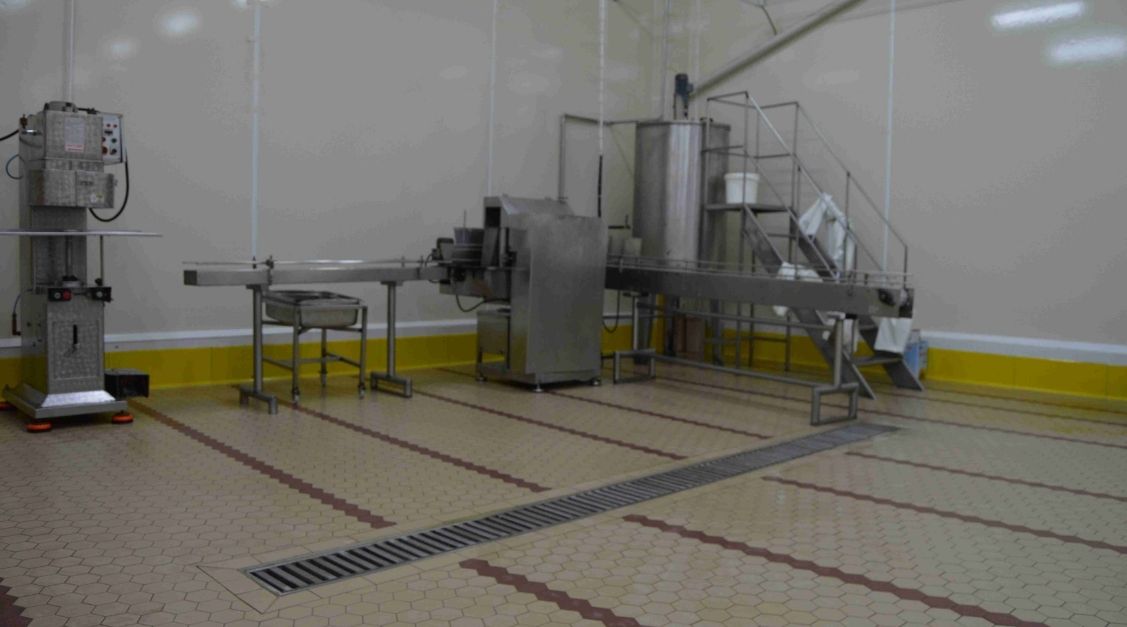
Chemical and Impact Resistance
In the demanding environment of a brewery, the flooring must meet a unique set of challenges. Firstly, brewery floors need to be highly resistant to harsh cleaning chemicals. The brewing process often involves the use of various acidic and alkaline solutions for cleaning and sanitizing equipment, which can be detrimental to certain floor types. An ideal brewery floor must possess chemical resistance to withstand these substances without degrading or losing its integrity. This resistance ensures that the floor remains durable and safe, even after repeated exposure to various cleaning agents and spills, which are commonplace in brewery settings.
Additionally, the physical demands placed on brewery floors are significant. Breweries typically house heavy equipment such as large fermenting tanks, kegs, and machinery used in the bottling and packaging processes. The floor must be sturdy enough to bear the weight of this heavy machinery without sustaining damage. This requirement is not just about maintaining the appearance of the floor; it’s critical for safety and operational efficiency. A floor that can withstand the constant weight and movement of heavy brewing equipment is less likely to crack or buckle, reducing the risk of accidents and equipment damage.
Cost Considerations and Custom Solutions
The financial aspect of installing and maintaining brewery floors is a crucial factor that businesses in the brewing industry must carefully consider. The initial cost of installing a brewery floor can be substantial, but it’s important to evaluate this investment in the context of long-term benefits. High-quality flooring, while potentially more expensive upfront, can offer significant savings over time. Durable floors like those made from high-grade materials are less prone to damage, wear, and tear, reducing the need for frequent repairs or replacements. This durability is especially important in a brewery setting, where floors are subjected to heavy traffic, spills, and the weight of brewing equipment. Moreover, the maintenance costs associated with high-quality flooring are generally lower, as these floors often require less intensive care and are easier to clean. This reduction in maintenance not only saves money but also minimizes downtime in brewery operations, allowing for more consistent production schedules.
Custom flooring solutions, such as those provided by Vibroser, further enhance the value of this investment. Tailored to meet the specific needs of each brewery, these custom solutions ensure that every aspect of the flooring system – from materials to design – is optimized for the unique conditions of the facility. For instance, a brewery with a high volume of liquid spillage may benefit from flooring with superior non-slip properties and advanced drainage systems. Similarly, facilities that use heavy machinery may require floors with greater load-bearing capacity and resistance to impact. By opting for a customized approach, breweries can ensure that their flooring not only meets their current operational requirements but also adapts to future changes or expansions. This foresight in flooring selection can lead to greater operational efficiency, enhanced safety, and compliance with industry standards, ultimately contributing to the overall success and sustainability of the brewery.
Regulatory Compliance and Operational Efficiency
In the brewing industry, adhering to health and safety regulations is not just a legal obligation, but it is also essential for ensuring a safe and efficient work environment. A well-designed brewery floor plays a pivotal role in meeting these regulations. Such floors are crafted with both safety and functionality in mind, providing easy-to-clean surfaces that reduce the risk of contamination and accidents caused by spills. Additionally, robust drainage systems are integral to these floor designs, efficiently managing waste and spillage, which further enhances workplace safety. These features collectively contribute to a smoother and more efficient brewing operation, as they minimize the risks of work stoppages and ensure a hygienic production process. This compliance with safety standards not only safeguards the health of employees but also fortifies the brewery’s reputation for quality and reliability, which is crucial in a consumer-driven industry. Hence, investing in a well-designed brewery floor is not only a compliance measure but also a strategic decision that boosts overall operational efficiency and fosters a safe working environment.
Key Certifications for Breweries
In the realm of beer production, adhering to various certifications and standards is crucial for ensuring both the quality of the product and compliance with industry regulations. Breweries, particularly those looking to export their products or operate in different markets, need to be aware of several important certifications. Firstly, for breweries operating in the United States or looking to enter the U.S. market, FDA approval is essential. The Food and Drug Administration (FDA) sets and enforces standards for food safety, which includes beer production. This means breweries must comply with specific hygiene and safety standards and undergo regular inspections.
Another key certification for breweries is HACCP (Hazard Analysis and Critical Control Points). HACCP is a globally recognized management system focusing on food safety through the analysis and control of biological, chemical, and physical hazards. This system helps breweries identify potential food safety hazards and implement effective control measures. Additionally, ISO 22000, an international standard for food safety management systems, is highly regarded in the industry. It demonstrates a brewery’s ability to effectively manage food safety risks and ensure the quality of its products. Compliance with local and national alcohol regulations is also critical, as these vary significantly by country and region. Breweries must understand and adhere to these regulations to operate legally and successfully.
Crafting the Foundation of a Successful Brewery
In conclusion, the choice of flooring in a brewery is a foundational decision that impacts every aspect of the brewing process. From ensuring the safety and hygiene of the brewing environment to enhancing operational efficiency and meeting regulatory standards, the right brewery floor is a critical component of a successful brewery. Options like brewery tile floors, with their durability, ease of maintenance, and suitability for heavy-duty use, stand out as a preferred choice. For brewers embarking on new construction or seeking to upgrade their existing floors, understanding the complexities of brewery flooring is essential. By considering factors such as durability, drainage, hygiene, and cost, breweries can create a space that not only produces high-quality beer but also operates with maximum efficiency and safety. With expert guidance and custom solutions from providers like Vibroser, breweries can achieve floors that perfectly suit their unique requirements, paving the way for a prosperous brewing future.
Enhance Your Brewery’s Safety and Hygiene
In the competitive brewing industry, the choice and maintenance of a brewery floor play a pivotal role in ensuring compliance with industry standards. When selecting a brewery floor, it’s essential to consider materials that meet the stringent requirements for safety and hygiene. One such solution is the use of Vibroser ceramic tiles, which are specifically designed to meet these necessary standards. By integrating Vibroser ceramic tiles into your brewery floor, you not only adhere to regulatory demands but also enhance the overall quality and safety of your brewing environment.
The brewery floor is a critical component that influences the entire brewing process. It needs to withstand the rigors of brewing operations, including heavy traffic, spills, and the use of harsh cleaning chemicals. With Vibroser ceramic tiles, your brewery floor becomes a robust foundation, resistant to these challenges and capable of maintaining a pristine condition over time. Additionally, for comprehensive protection, integrating Hygienic Wall & Panel Protection Products along with the brewery floor tiles can create a top-notch hygienic environment. This combination ensures that both the brewery floor and walls are safeguarded against contaminants and wear, contributing to a clean and efficient brewing operation.
